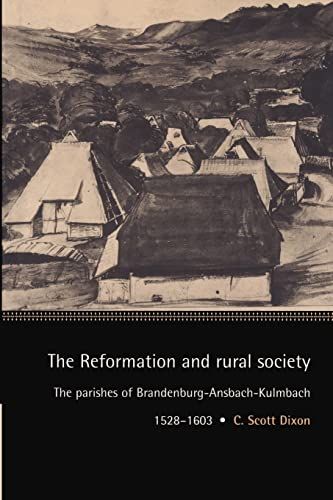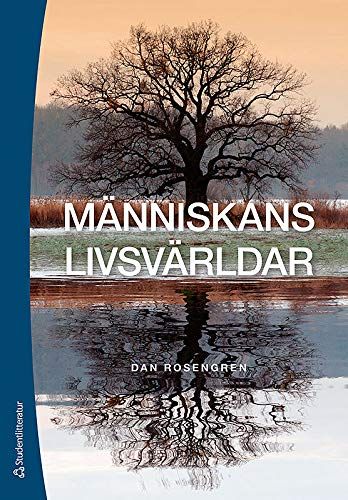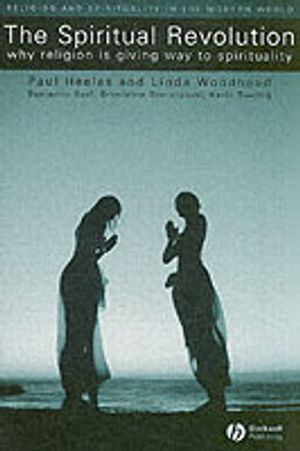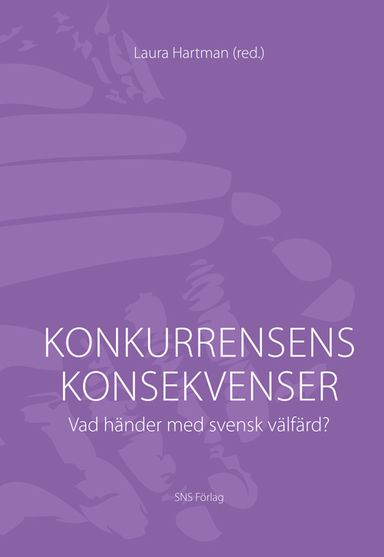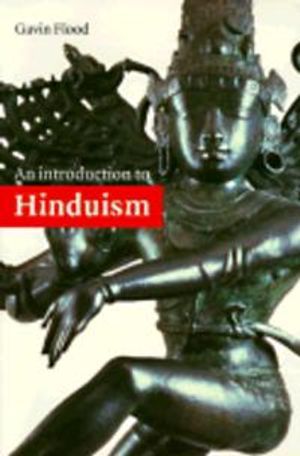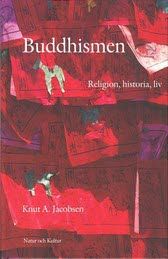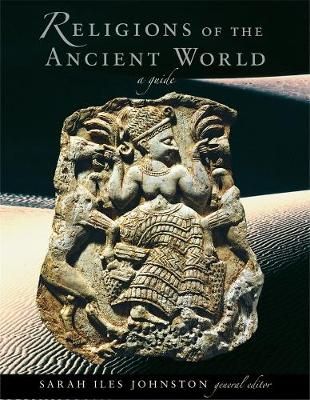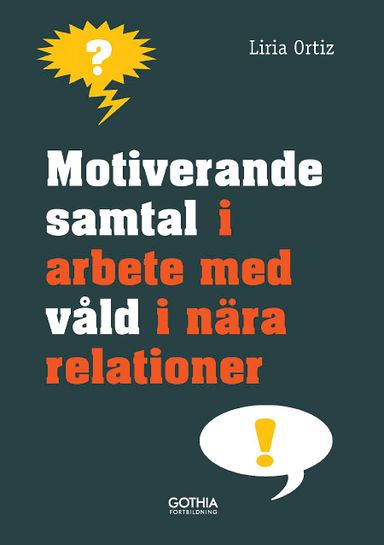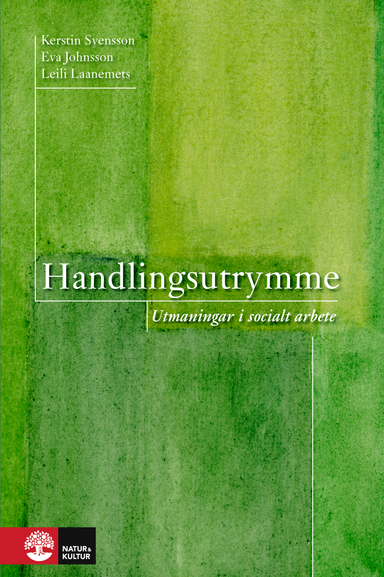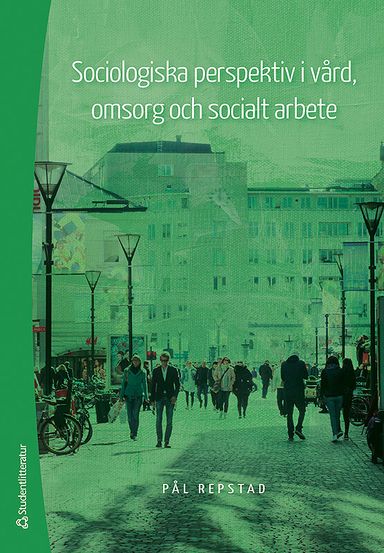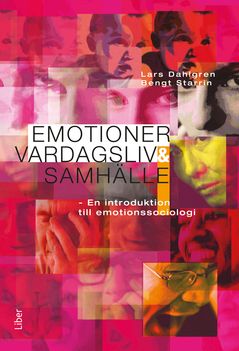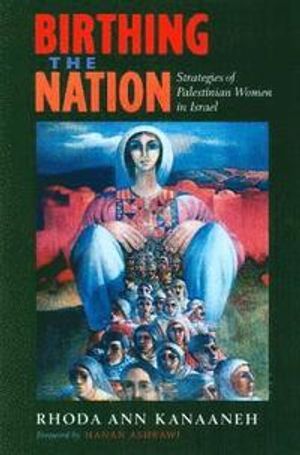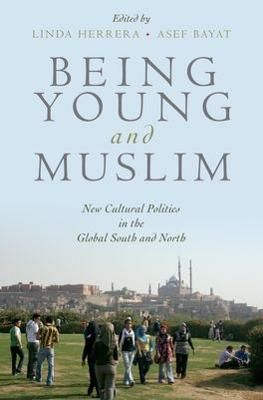

The Germanization of Early Medieval Christianity
- Utgiven: 1996
- ISBN: 9780195104660
- Sidor: 272 st
- Förlag: OUP USA
- Format: Häftad
- Språk: Engelska
Om boken
While historians of Christianity have generally acknowledged some degree of Germanic influence in the development of early medieval Christianity, Russell goes further, arguing for a fundamental Germanic reinterpretation of Christianity. This first full-scale treatment of the subject follows a truly interdisciplinary approach, applying to the early medieval period a sociohistorical method similar to that which has already proven fruitful in explicating the history of
Early Christianity and Late Antiquity. The encounter of the Germanic peoples with Christianity is studied from within the larger context of the encounter of a predominantly "world-accepting" Indo-European folk-religiosity with predominantly "world-rejecting" religious movements. While the first part
of the book develops a general model of religious transformation for such encounters, the second part applies this model to the Germano-Christian scenario. Russell shows how a Christian missionary policy of temporary accommodation inadvertently contributed to a reciprocal Germanization of Christianity.
Åtkomstkoder och digitalt tilläggsmaterial garanteras inte med begagnade böcker
Mer om The Germanization of Early Medieval Christianity (1996)
I september 1996 släpptes boken The Germanization of Early Medieval Christianity skriven av James C Russell. Den är skriven på engelska och består av 272 sidor. Förlaget bakom boken är OUP USA.
Köp boken The Germanization of Early Medieval Christianity på Studentapan och spara pengar.
Referera till The Germanization of Early Medieval Christianity
Harvard
Russell, J. C. (1996). The Germanization of Early Medieval Christianity. OUP USA.
Oxford
Russell, James C, The Germanization of Early Medieval Christianity (OUP USA, 1996).
APA
Russell, J. C. (1996). The Germanization of Early Medieval Christianity. OUP USA.
Vancouver
Russell JC. The Germanization of Early Medieval Christianity. OUP USA; 1996.


